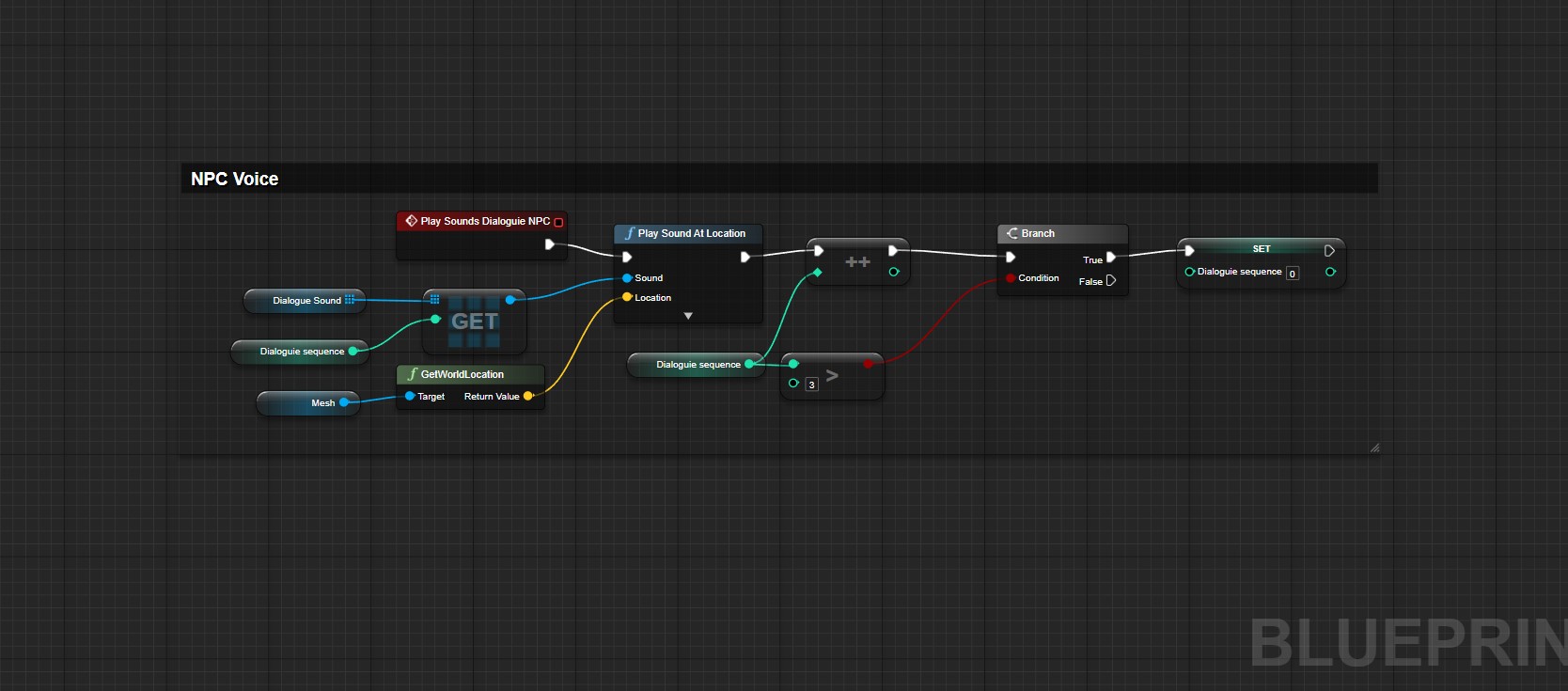In an unexpected turn of events, a Chase Bank customer found himself locked out of his account for nine crucial months—a saga that unfolded after attempting to deposit a $65,000 check from the U.S. government. This alarming incident, initially reported by NBC-affiliate WFLA News, centers around Sean May, a Miami-based entrepreneur entrenched in a new reality when Chase suspected fraud after he deposited his IRS-issued refund.
The freeze left May in a financial quagmire. Despite presenting a letter verifying the legitimacy of the refund from the IRS, Chase Bank held firm, keeping his account and his funds inaccessible. “My understanding is that they have cashed the check. They do have the money. It’s just not accessible to me, and my account has been closed,” May lamented. The inability to access his funds, he alleges, contributed significantly to the bankruptcy of his software development firm.
WFLA News reached out to Chase for clarity on the lingering issue. Following the inquiry, Chase swiftly performed a reversal, deciding to release May’s long-withheld funds, accompanied by an apology for the undue delay. “Upon review of this case, we reached out to our customer to apologize for the delay and to let them know we are releasing their funds,” a representative explained.
This case sheds light on the intricate dynamics at play when financial institutions flag potential fraud. Operating under the JPMorgan Chase brand—since its acquisition in 2000—Chase Bank manages an impressive $3.7 trillion in assets, yet this incident highlights the human element that can sometimes falter amidst massive corporate operations.
As the dust settles, May awaits his check, a long overdue rectification of a stubborn bureaucratic hiccup. This incident serves as a poignant reminder of the potential financial complexities customers may encounter even with reputed banking giants.
For those intently following market shifts and banking news, staying informed is key. Subscribe today to stay ahead and receive timely alerts on the latest financial developments directly to your inbox.
*Disclaimer: The information provided is for informational purposes only and is not intended as financial or investment advice. Always perform your due diligence before engaging in financial activities.*




















































